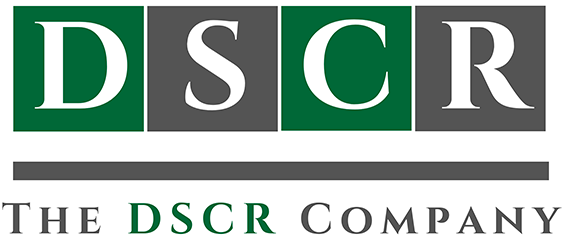What is a DSCR Loan and What Can You Do With It?
Categories: Blog Posts
What is a DSCR Loan and What Can You Do With It?
If you’re a real estate investor, you’ve probably heard about DSCR loans. But what is a DSCR loan, and how can it help you? Let’s dive in.
What is a DSCR Loan?
A DSCR loan, which stands for Debt Service Coverage Ratio loan, is designed specifically for real estate investors. This loan is never used for owner-occupied properties—only for investment properties.
The best feature of a DSCR loan is that it doesn’t rely on your personal income. That’s right, no tax returns, no W-2s, and no need to show any personal income. The focus is entirely on the property you’re buying. The lender looks at the income generated by the property, not your personal financials.
How Does a DSCR Loan Work?
The key to understanding a DSCR loan is knowing how the lender evaluates the property. They look at the rental income from that property to determine if it covers the expenses, including the mortgage, taxes, insurance, and any HOA fees.
A key term here is the DSCR ratio. This ratio compares the property’s income to its expenses. For example, if your property’s rent exactly matches your expenses, you have a DSCR ratio of 1. Lenders prefer a higher ratio, meaning the property brings in more income than it costs to operate.
Benefits of a DSCR Loan
There are several benefits to using a DSCR loan:
-
No Personal Income Requirements:
This loan type doesn’t care if you write everything off on your taxes or if you don’t have a steady job. It’s all about the property’s income.
-
Flexibility:
Whether you’ve just started your business or have been around for years, it doesn’t matter. DSCR loans are available even if you don’t have an established business.
-
Variety of Options:
DSCR loans come with many options, including three-year, five-year, 30-year, and even 40-year terms. There are also interest-only options to help keep payments low.
-
LLC Friendly:
You can purchase properties under an LLC, which can provide additional protection.
-
Works Well with BRRR:
If you’re using the Buy, Rehab, Rent, Refinance, Repeat (BRRR) strategy, DSCR loans are a perfect fit for transitioning to long-term financing.
Where a DSCR Loan Falls Short
While DSCR loans offer many advantages, they aren’t perfect for every situation:
-
Higher Interest Rates:
DSCR loans often have interest rates 1% to 3% higher than conventional loans. The market for these loans is more segmented, so shopping around is essential.
-
Prepayment Penalties:
Many DSCR loans come with prepayment penalties. If you sell the property within the first few years, you might face additional fees.
-
Not for Owner-Occupied Properties:
These loans are strictly for investment properties, so if you’re looking to finance a home you’ll live in, this isn’t the right choice.
-
Credit Score Sensitivity:
You need a decent credit score to qualify. Typically, lenders look for a score of at least 660, but higher scores can get you better rates and terms.
-
Location Limitations:
DSCR loans are often restricted to properties in larger communities. Smaller towns, especially those with populations under 25,000, may have fewer DSCR loan options.
Other Things to Know About DSCR Loans
-
Suitable for Short-Term and Long-Term Rentals:
Whether you’re renting out a property long-term or using it as a short-term rental like an Airbnb, DSCR loans can be a good fit.
-
Not Dependent on Current Rent:
You don’t need to have the property rented out to qualify. As long as you have a lease in place or are working on getting it rented, you can use a DSCR loan.
-
Covers Various Financing Needs:
DSCR loans are available for purchases, rate and term refinances, and cash-out refinances.
Conclusion
DSCR loans are a powerful tool for real estate investors. They offer flexibility, don’t rely on personal income, and provide a range of options to suit different investment strategies. However, they do come with higher interest rates and other considerations, so it’s crucial to shop around and understand all the terms before committing.












Leave a Reply
Want to join the discussion?Feel free to contribute!